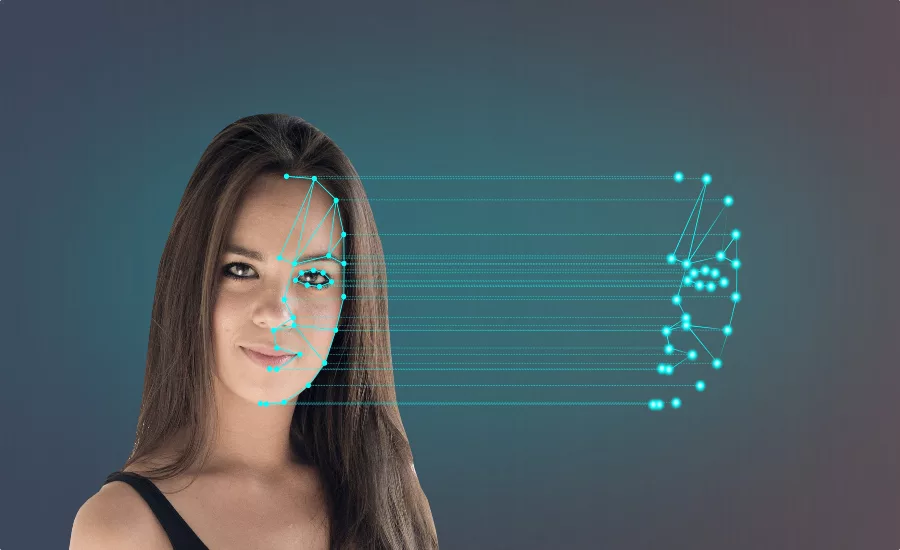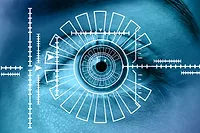Detroit Police Can Continue to Use Facial Recognition

The Detroit’s Board of Police Commissioners approved a policy for police to use facial recognition technology.
The policy only allows facial recognition to be used on still images of people suspected of violent crimes or home invasion. It prohibits the use of facial scanning for “surveillance,” through livestreams or on mobile devices, and at “First Amendment events” such as protests or other constitutionally-protected activities.
The directive states that police analysts must verify any facial recognition matches the software produces, and get that verification approved by a supervisor. Any facial recognition identification is only a lead for investigators and can never be used as the sole basis for an arrest, says the policy.
The policy also contains penalties for police found to be misusing the technology, deeming it “major misconduct” that would result in termination if verified by an investigation. DPD must also notify the Board of Police Commissioners and city officials of any violations, as well as providing weekly updates on how the software is being used to the board.
The ACLU had the Detroit Board of Police Commissioners to reject the policy to use facial recognition technology, saying "research shows it would disparately impact people of color, will further fray relationships and trust between law enforcement and policed communities, and because the use of facial recognition in any form poses a grave danger to the privacy rights of everyone."
“The Detroit Police Department has been using this technology without any oversight for more than two years, and without the public’s knowledge or consent,” said Rodd Monts, ACLU of Michigan Campaign Outreach Coordinator. “We urge the Board to reject the use of this technology, but at the very least, the Board should postpone a vote until a deep analysis can be shared with the public on how this technology has been used, a right to which they are entitled.”
Looking for a reprint of this article?
From high-res PDFs to custom plaques, order your copy today!








